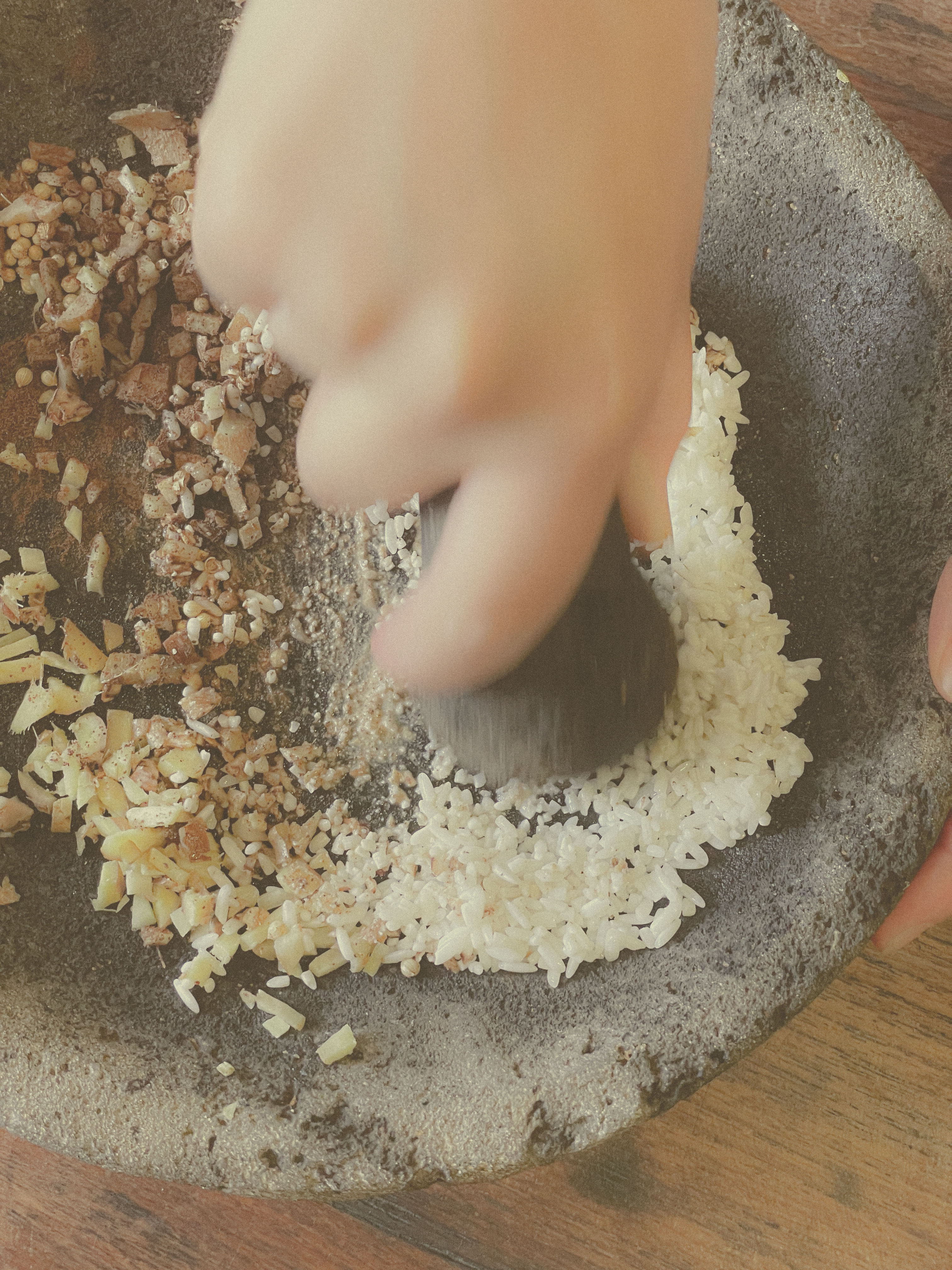It can be all too easy to get caught up in the whirlwind of daily tasks and responsibilities— we juggle work, relationships, and personal aspirations, often forgetting to prioritize self care or simply our own well-being.
However, living consciously means acknowledging the importance of self-care and understanding that our own health and happiness are essential for a balanced life. In this article, we’ll explore the significance of the physical, emotional and spiritual aspects of caring for yourself, along with some practical tips to help you prioritize your well-being.
The True Meaning of Self-Care: Living Consciously
Self-care is more than just bubble baths and face masks – it’s a holistic approach to nurturing our physical, emotional, and spiritual health. It takes all three to be in balance to achieve true wellness.
When we live consciously, we create space for self-reflection and awareness, allowing ourselves to tune into our own needs and desires. This enables us to make mindful choices that promote overall well-being and contentment. Let’s take a look at each area of self-care.
The Physical Aspect of Self-Care
Exercise, nutrition, and rest are the three pillars of physical self-care. Incorporating something from each of these elements into your daily routine can help you feel more energetic, focused, and resilient.
Exercise:
It’s not the first time you’ve probably heard this, but engaging in regular physical activity that you enjoy, such as yoga, swimming, or dancing is extremely good for you.
Exercise releases endorphins, which boost your mood and help you feel more positive, plus it gives you energy so it’s a perfect self-care act when you’re feeling sluggish.
Nutrition:
Focus on consuming a balanced diet rich in fruits, vegetables, whole grains, lean proteins, and healthy fats. Avoid the processed and refined sugars that cause you to feel drained.
You are what you eat— so fuel your body with wholesome, nourishing foods that support you in becoming your most healthiest self.
Rest:
It’s easy to shrug it off if you stay up an hour later here and there, but sleep is one of the most important things we can do for our well-being, and making sure you get good sleep is the ultimate act of self-care.
It plays a crucial role in restoring and repairing your body. Create a sleep sanctuary and establish a relaxing bedtime routine to encourage restful and restorative slumber.



The Emotional Aspect
Attending to our emotional well-being is an absolutely vital part of self-care, as it allows us to cultivate inner peace and resilience. Consider these tips to nurture your emotional health:
Mindfulness:
Practice mindfulness through meditation, deep breathing, or journaling to help you stay present and aware of your thoughts and feelings.
Emotional Expression:
Give yourself permission to express your emotions in a healthy way. Communicate your feelings to others, or channel them through creative outlets like painting, writing, or dancing.
Support Networks:
Foster connections with loved ones and friends who can provide encouragement and empathy when you need it most.
The Spiritual Aspect
Our spiritual well-being is an essential component of living consciously. By nurturing our connection to something greater than ourselves, we can experience a sense of purpose and fulfillment.
Reflection:
Spend time in quiet contemplation to deepen your understanding of your beliefs, values, and life’s purpose. I find that asking yourself self-reflection questions can help you if you’re feeling stuck in this area.
Nature:
Connect with the natural world by spending time outdoors, whether it’s hiking in the woods, strolling through a park, or gardening in your backyard.
Gratitude:
Cultivate an attitude of gratitude by regularly acknowledging the positive aspects of your life. Start a gratitude journal or express your thankfulness to others.
Practical Tips for Achieving Holistic Self-Care:
Setting Boundaries
To truly prioritize our well-being, we must learn to set healthy boundaries. This is absolutely key to achieving our wellbeing in every aspect of it.
By establishing limits, we safeguard our emotional and physical energy, allowing us to focus on what truly matters.
Learn to Say No: Recognize that it’s okay to decline invitations or requests if they don’t align with your priorities or values.
Manage Expectations: Communicate your needs and limitations to others, and be open to renegotiating commitments if necessary.
Schedule Time for Yourself: Allocate regular “me time” in your calendar to recharge and practice the wellness activities.
Create a Routine: Creating a Self-Care Practice
Developing a self-care routine can provide structure and consistency, ensuring that you dedicate time to nurturing your well-being. Remember, self-care is not a one-time event; it’s an ongoing practice that requires commitment and mindfulness.
-
Morning Rituals: Start your day with a grounding morning routine, such as journaling, meditation, or gentle stretching. This sets the tone for a mindful and balanced day.
-
Evening Unwinding: Dedicate time each evening to decompress and process the day’s events. Engage in calming activities, like reading, taking a warm bath, or practicing deep breathing exercises.
-
Weekly Self-Care Activities: Plan self-care activities throughout the week, such as a nature walk, a creative project, or a social outing with friends.
Be Flexible and Adaptable
While routine can provide structure, it’s also essential to remain flexible and adapt your self-care practice to your evolving needs. Living consciously means recognizing when you need to adjust your approach to maintain balance and harmony in your life.
-
Listen to Your Body: Pay attention to your body’s cues and adjust your self-care practice accordingly. If you’re feeling physically drained, prioritize restorative activities like gentle stretching or yoga.
-
Acknowledge Your Emotions: Stay in tune with your emotional state and adapt your self-care routine to address your feelings. If you’re experiencing stress or anxiety, try calming techniques like deep breathing exercises or journaling.
-
Embrace Change: Accept that your self-care needs may change over time, and be willing to explore new activities and practices that resonate with you.
Be Kind To Yourself
At the heart of self-care lies self-compassion, which involves treating ourselves with kindness and understanding, just as we would a dear friend. Living consciously means acknowledging our imperfections and embracing our vulnerability.
-
Practice Self-Forgiveness: Let go of self-criticism and recognize that everyone makes mistakes. Treat yourself with kindness and understanding, and use setbacks as opportunities for growth and learning.
-
Cultivate Self-Love: Affirm your worth and value by regularly practicing self-love exercises, such as repeating positive affirmations or engaging in self-care activities that bring you joy.
-
Reflect on Your Strengths: Acknowledge and celebrate your unique qualities and accomplishments. Regularly remind yourself of your strengths, skills, and achievements to build self-confidence and self-esteem.
By nurturing our physical, emotional, and spiritual health, we can experience greater joy, balance, and fulfillment in our lives. Remember that self-care is an ongoing journey, and it’s essential to remain adaptable and compassionate toward ourselves as we navigate the ebbs and flows of life.
By committing to living consciously and prioritizing our well-being, we can create a more mindful and fulfilling existence, both for ourselves and those around us, embracing the spirit of Maia, better me, better we.












One Response
Great information shared.. really enjoyed reading this post thank you author for sharing this post .. appreciated